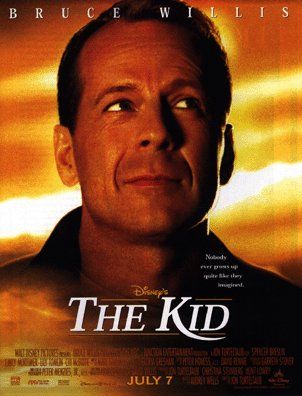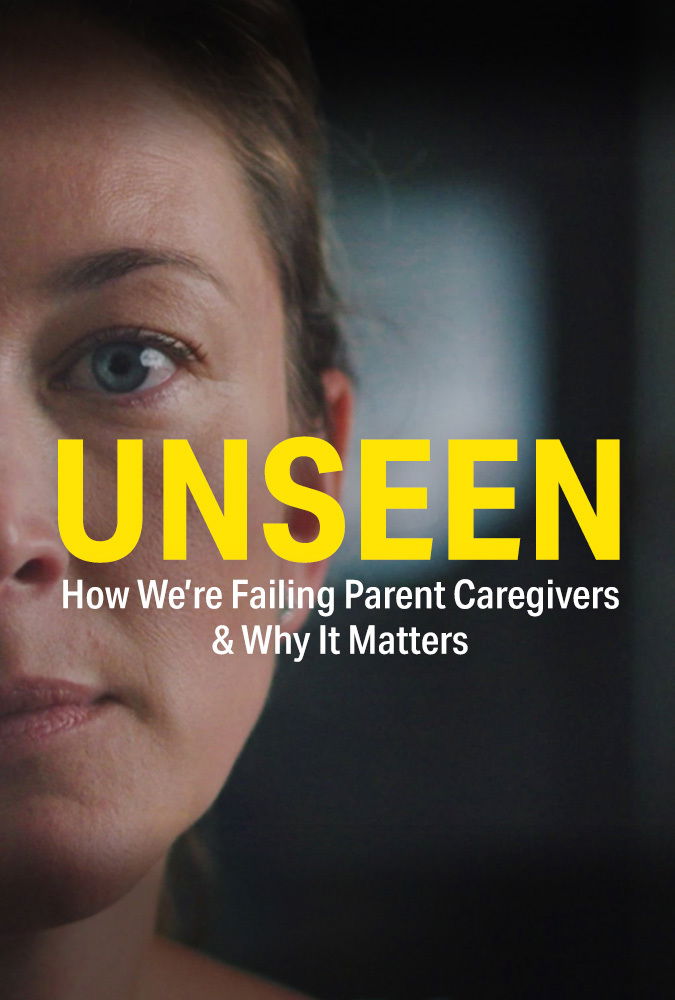“Searching for Caregiving Aid”

| None | Light | Moderate | Heavy | |
|---|---|---|---|---|
| Language | ||||
| Violence | ||||
| Sex | ||||
| Nudity |
What You Need To Know:
UNSEEN is a very real snapshot into the lives of stressed parent caregivers all over the world who are raising special needs children. The movie’s writing, personal and professional testimonials, and pacing are well done. The production succeeds in raising awareness about the needs of parents who are raising special needs children. However, some of the content gets a bit repetitive. UNSEEN has a strong moral, inspiring worldview. It urges viewers to follow the words of Psalm 82:3 to “uphold the cause of the poor and oppressed.” The documentary drives this theme home repeatedly. UNSEEN has some upsetting sounds and scenes and implied violence. So, MOVIEGUIDE® advises caution for younger and older children.
Content:
Strong moral worldview in documentary about two parents raising a special needs teenage child calls attention to a social need, raises awareness of a problem that impacts all of society and thus should not be ignored, and reminds viewers to follow the worlds of Psalm 82:3 to “uphold the cause of the poor and oppressed,” especially stressed parents who constantly labor to raise teenager children with special needs;
No foul language;
Families suffer stress-related illness, panic attacks, PTSD, early heart attacks, etc., due to home caregiving pressures in caring for special needs children;
No sex;
No nudity;
No alcohol use;
No smoking or drugs; and,
A social worker argues for more government funding for parent caregivers of special needs children.
More Detail:
UNSEEN is a very real snapshot into the lives of parent caregivers all over the world who are raising children with special needs. The enormous challenges they face daily are shown in detail without being graphic or pushy. Parent caregivers, social workers, and medical personnel weigh in on these challenges in a way that shows how the American caregiving “system” particularly fails such families as the Ronnes. As Jess Ronne says halfway through the movie, “Society is only as healthy as the caregivers.” The movie makes it clear this is a societal-wide problem, and not just a niche issue that can be handled on a case-by-case basis. Thus, one of the social workers in the movie contends that the government should give parents like the Ronnes more aid, in the form of taxpayer subsidies. This is, of course, a debatable solution.
The writing, personal and professional testimonials, and pacing in UNSEEN are well done. The production accomplishes its goal of raising awareness. The movie is less than an hour, but some of the music, sound and images became repetitive.
Subtitled “How We’re Failing Parent Caregivers & Why It Matters,” UNSEEN has a strong moral, inspiring worldview. It calls attention to a societal need and raises awareness of a problem that impacts all of society. As such, the movie argues that the public can’t afford to ignore the need for better parental caregiving for children like Lucas. The filmmakers remind viewers of what the Psalmist says, that we should “uphold the cause of the oppressed” (Psalm 82:3), especially parents who are oppressed by the labor of constantly caring for older children like Lucas who can’t care for themselves. UNSEEN drives this point home repeatedly.
UNSEEN has some upsetting sounds and scenes and implied violence. So, MOVIEGUIDE ® advises caution for younger and older children.


 - Content:
- Content: 

